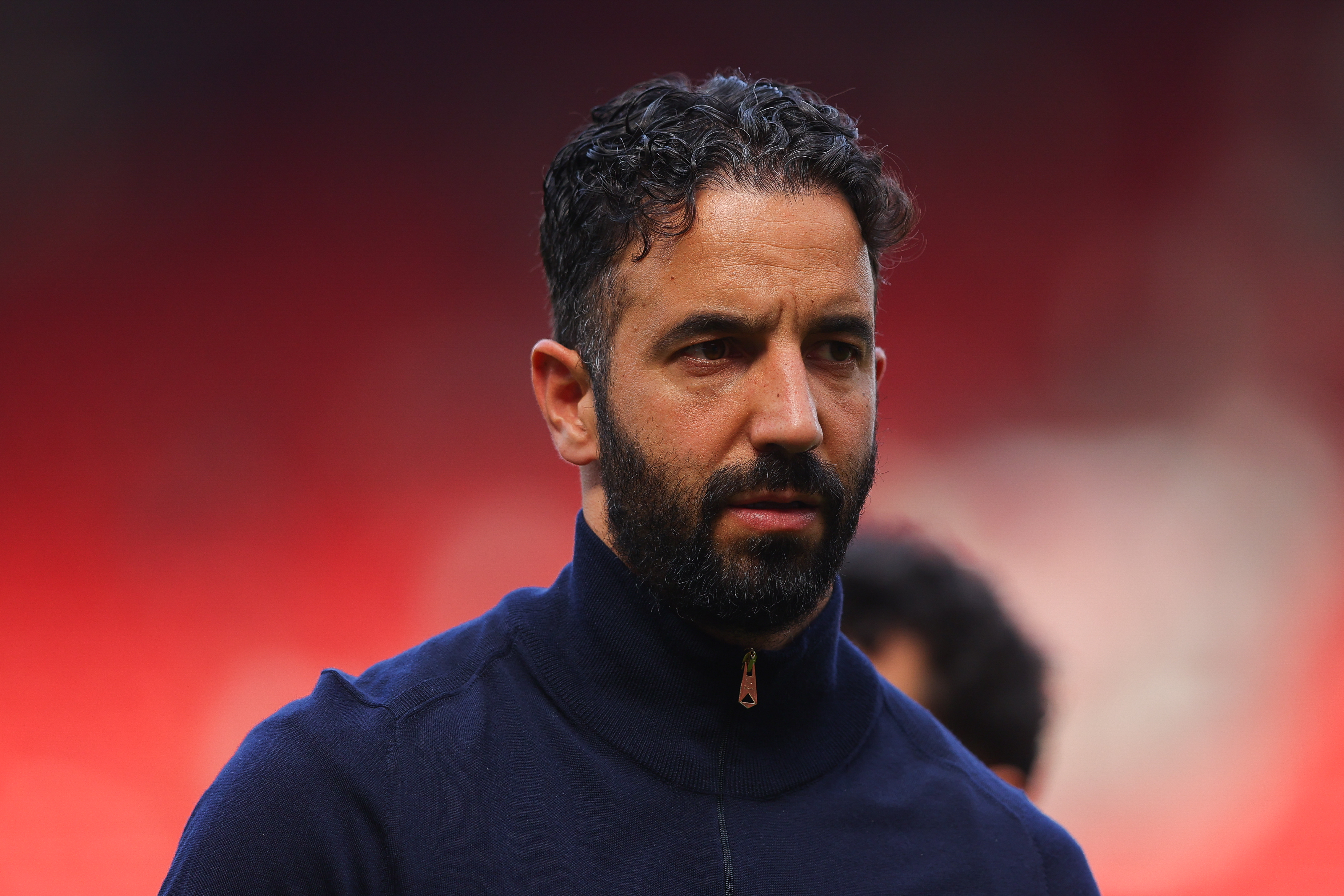Jack Grealish pleads guilty to March lockdown careless driving charge

Aston Villa and England footballer Jack Grealish has admitted careless driving in connection with a crash during March’s coronavirus lockdown.
The 25-year-old club captain pleaded guilty to two charges, including one linked to an early-morning incident in which his £80,000 Range Rover damaged parked vehicles on March 29, six days after nationwide restrictions were imposed.
Grealish did not appear at Birmingham Magistrates’ Court on Tuesday, but, entering pleas through his lawyer, admitted driving without due care during the accident in Dickens Heath, near Solihull, West Midlands.
Grealish, of Barnt Green, Worcestershire, was involved in the incident less than 24 hours after issuing a Twitter video message urging others to stay at home to save lives and protect the NHS.
The winger also admitted a second charge of careless driving committed on October 18 on the M42, the A446 and on Bodymoor Heath Road, the site of Villa’s training complex.
Grealish had denied two other charges in connection with the Dickens Heath incident, of failing to stop and failing to report the incident, but the Crown Prosecution Service offered no evidence and the charges were dismissed.

District Judge John Bristow said Grealish already had six penalty points on his driving licence for a 2018 motorway speeding offence and could therefore be at risk of a driving ban under the totting-up scheme.
Get FourFourTwo Newsletter
The best features, fun and footballing quizzes, straight to your inbox every week.
Following submissions by the player’s lawyer Barry Warburton, the judge adjourned the five-cap international’s sentencing to December 15, with Grealish set to attend in person.
